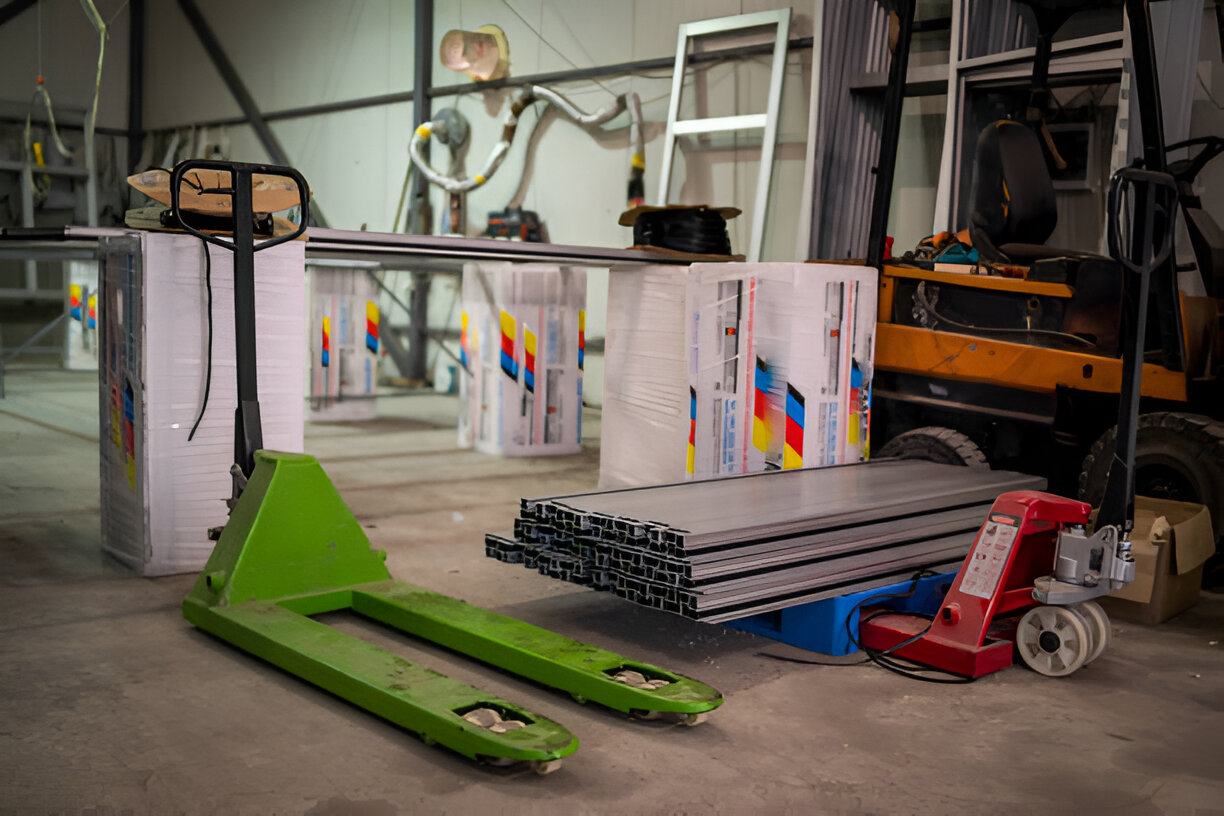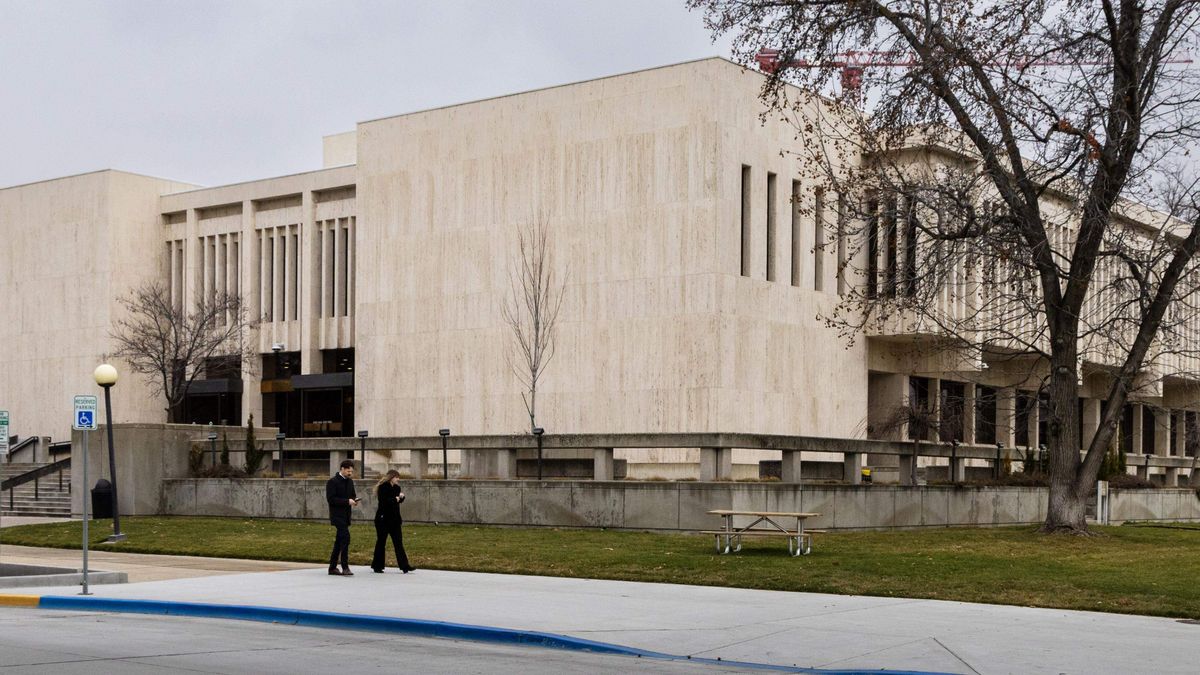By Joseph N. DiStefano
The Philadelphia Inquirer
(TNS)
Nov. 30 — Thwarted by the U.S. International Trade Commission in its push to boost tariffs on 14 countries—even after the Commerce Department found they illegally “dumped” cheap aluminum parts—some U.S. manufacturers, including owners of the Western Extrusions works in Pennsauken, are counting on the Trump administration to boost import taxes as promised.
Their Aluminum Extruders Coalition is among many U.S. factory owner groups awaiting action on Trump’s promises to aggressively expand these import taxes to protect American industry.
Trump in his campaign proposed a new tax of at least 10% on all imports; a new 60% tax on all goods from China (along with existing China product tariffs, some of which are much higher); and more severe tariffs on targeted industries worldwide.
On Tuesday, he pledged extra across-the-board 25% tariffs on Mexican and Canadian imports tied to immigration and drug enforcement, plus 10% on China. Tariffs are designed to help U.S. producers by making cheap competing products more expensive; they are controversial because they also can boost prices and feed inflation.
Bennett McEvoy, owner of Texas-based Western Extrusions, said he and his competitors—who are also his allies in the trade fight—”were incredibly disappointed and surprised” by the trade commission’s 2-1 vote last month to decline steep tariff increases on aluminum parts from countries including China and nations in eastern and western Asia, southern Europe, and Latin America.
Commerce had recommended those new tariffs, which in some cases would cost more than the imports’ value. But the commission’s two-member majority in a brief statement said it didn’t agree with Commerce or the industry group’s contention that U.S. aluminum extruders had been damaged by the cheap imports. The commission plans to file a report detailing its refusal by Dec. 10.
“We are filing an appeal,” McEvoy said. “We are hopeful based on what President-elect Trump has said. We are going to approach people in the administration. Extruders are a small industry. A lot of the companies are family-owned. We haven’t had a seat at any table before. This is our first really political effort.”
The commission has six seats but only four current members, all of whom are serving past their expired terms because they were not replaced during the Biden administration, said Robert DeFrancesco, a lawyer for the coalition. One commissioner, who the manufacturers thought favored their cause, recused before the vote for undisclosed reasons, adding to the manufacturers’ frustration. In a tie vote, the tariffs would have passed.
The coalition’s 14 members, including Western, employ a total of 40,000 U.S. workers, not counting thousands more at suppliers, trucking companies, and other dependent industries. The coalition also includes the United Steelworkers union, which represents some of the workers who operate the high-temperature machines that form aluminum into pieces for vehicles, temporary structures, and other uses. The Pennsauken plant at the former Aluminum Shapes facility, which once employed over 2,000, is nonunion.
DeFrancesco said he expects the two commissioners who blocked the tariffs may have been swayed by sales data from the period immediately following the COVID shutdowns, when a pent-up surge in orders made the domestic industry look healthier than it was. Orders have since slipped, which his group attributes to imports of foreign manufacturers’ surplus inventory at below-cost prices, which is illegal under international trade rules, according to the Commerce Department and the extruders.
Tariffs are a politically fraught issue. Import taxes that help make U.S. manufacturers such as Western more competitive can increase costs for U.S. aluminum users and consumers generally.
The first Trump administration raised tariffs on products from China, Mexico, Italy, and other U.S. trading partners. The Biden administration maintained some of those tariffs and raised others.
“Trump is likely to move quickly” on the new tariffs, according to a recent report by Beata Caranci, chief economist at TD Bank, whose U.S. headquarters is in Marlton. Trump has legal authority “to implement tariffs as he sees fit.”
In Trump’s first term, under a streamlined approach that used Trump-appointed U.S. Trade Representative to bypass Congress and enact tariffs, firms that hired Republican lobbyists or donated to Republican candidates were more likely to get their tariff requests approved, according to a recent paper cowritten by Jesus M. Salas, assistant professor of finance at Lehigh University in Bethlehem, Pa.
That review of 7,000 tariff requests from the late 2010s turned up examples that Salas said appear to match party ties. General Motors, which received a financial rescue during the Obama administration, had all of its 68 tariff requests declined during the Trump administration, while Infracare, an Ohio medical-device maker whose officials gave almost exclusively to Republicans, had all eight of its requests approved. There were also many cases where approvals and rejections did not follow obvious political lines, Salas said in an interview.
Salas said he had not done a similar analysis for tariffs under President Joe Biden. But he noted that Biden, after promising to revise tariff approval arrangements, had not done so, leaving Trump’s old approach intact.
Trump has named Wall Street trading firm founder Howard Lutnick as his Commerce secretary to also oversee his tariff and trade agenda and the trade representative’s office. Lutnick said early in the presidential campaign that high-tariff talk was a negotiating tool but has more recently said he expects the United States will boost tariffs to European and Japanese levels. The Mexican newspaper Reforma has called Lutnick “Secretary of Tariffs.”
As the new administration sets up its trade agenda, McEvoy says his company has been shifting work to keep its 100 Pennsauken employees busy, while leaving open positions unfilled at its larger plant in Texas. With older workers retiring, Western is looking for a local college to help train young workers in metallurgy, hydraulics, and other manufacturing skills to run the updated machines at the plant.
He said government contracts have helped keep Western Extrusions on track while it backs the fight for protection against illegally cheap foreign suppliers. McEvoy said his company this fall bought a partial interest in the Pennsauken plant, which it had been leasing, as a sign of its long-term commitment.
________
(c)2024 The Philadelphia Inquirer. Visit The Philadelphia Inquirer at www.inquirer.com. Distributed by Tribune Content Agency LLC.
Thanks for reading CPA Practice Advisor!
Subscribe Already registered? Log In
Need more information? Read the FAQs




